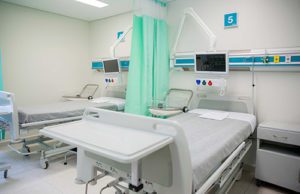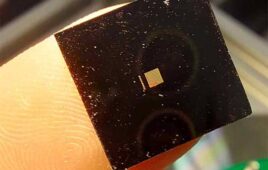
[Image from Presidencia de la República on Flickr]
The survey, called “Differentiating to Win in Medical Device Marketing,” polled over 9,000 physicians, dentists and other clinicians to figure out what the key drivers are for buying medical devices. The survey narrowed down the key factors to include the most and least important attributes, differentiating factors, points of parity and unmet needs. The participants were asked to rank 508 attributes to allow Vennli to determine what matters the most when buying medical devices.
“In the competitive environment of the $43 billion medical-device industry, leveraging the voice of the marketplace to create meaningful, differentiated messaging and offerings is an opportunity to drive growth,” said Rachel Mele, general manager of healthcare at Vennli. “Medical device manufacturers can set themselves apart by focusing and outperforming on factors that actually matter to healthcare professionals versus what the manufacturers perceive or assume are purchase drivers.”
The survey showed that over 90% of healthcare professionals who were surveys said patient outcome was important when choosing the right medical devices to purchase, while 60% said brands were performing up to expectations.
Other results showed that 94% of healthcare professionals said consistent outcomes was important and 62% said it was important for medical devices to be recommended by a key opinion leader. Over 80% of healthcare professionals reported that flexible contract options are important and less than 40% said brands are meeting their needs for this.
Results also showed that healthcare professionals think areas for differentiation include low risk, efficacy, consistent outcomes, patient outcome and whether the device is from a proven or trusted brand.
“Some companies are drastically underperforming on the factors that really matter to healthcare professionals,” Mele said. “These unmet needs represent unique opportunities to capture business.”




